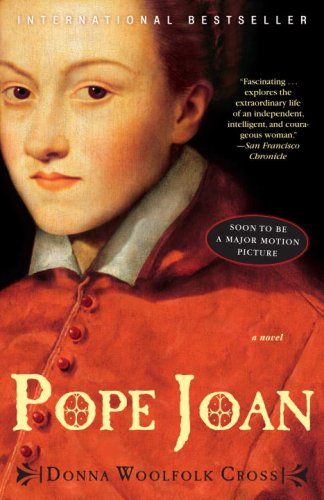Synopsis: Winning
will make you famous.
Losing means certain death.
In a dark vision of the near future, a terrifying reality TV show is taking place. Twelve boys and twelve girls are forced to appear in a live event called the Hunger Games. There is only one rule: kill or be killed.
When sixteen-year-old Katniss Everdeen steps forward to take her sister's place in the games, she sees it as a death sentence. But Katniss has been close to death before. For her, survival is second nature.
Losing means certain death.
In a dark vision of the near future, a terrifying reality TV show is taking place. Twelve boys and twelve girls are forced to appear in a live event called the Hunger Games. There is only one rule: kill or be killed.
When sixteen-year-old Katniss Everdeen steps forward to take her sister's place in the games, she sees it as a death sentence. But Katniss has been close to death before. For her, survival is second nature.
My thoughts: It’s
kind of complicated. Since I liked the movie, I thought that I would fall in
love with the book, but that didn’t happen. The book is made of many short
sentences in the present tense, with Katniss telling the story in first person.
Even though I liked the strong character of her – a self-sufficient woman,
helping herself and her family, being strong when her father died in the mines –
the way the book was written was really poor! I mean, those short sentences
made it look like a children’s book, all that was missing were the colorful pictures!
And only by the end of it there was some real interaction between the couple.
Since it’s a “teen’s” book, maybe the author should develop the text a little
bit more in order to stimulate our young readers with texts a little bit more
dense. That’s what I think.
I
thought that I would fall head over hills for Peeta, but I didn’t feel a thing.
In fact, the only word that I think suits him is “cute”. He is romantic and charming and stuff, but it didn’t
get into me the way the characters from Throne of Glass did. As well as
Gale, in contradiction with what I felt for them in the movies. At Rue's part it was specially sad, because seeing it again was really saddening, she was a kid with what? Maybe twelve years? Too young to die.
When
you read the book and see the movie, you get to see all the changes they had to
do – Rue’s death, the leg that Peeta loses, the fact that the beasts at the end
were the tributes, the Avox girl that never appeared on the big screen – but they
didn’t made it too big so that you wouldn’t recognize it, but I have to say
that I liked the movies more because you weren’t only in Katniss’s head all the
time, you could see everyone else – from the other tributes to the game
creators.
Maybe
I’m getting too old for this kind of book – it’s a young adult novel – or maybe I’m
too demanding with my books, but I think that a Jane Austen’s novel or a Julia
Quinn one or maybe a Melissa de la Cruz or a Meg Cabot would be better written
than this one. I was kind of disappointed with it. If it weren’t for Katniss
and her inner strength and because I thought that the end of the book was better than the end they made in the movie - even though I liked it too, but if it were to choose I would have chosen the book one - , this book wasn’t even going to get a three star. I’m
planning to read the sequence because I’ve already started it and since I kind
of liked the other movie, who knows? Maybe the second time is the trick.



 and a half
and a half



